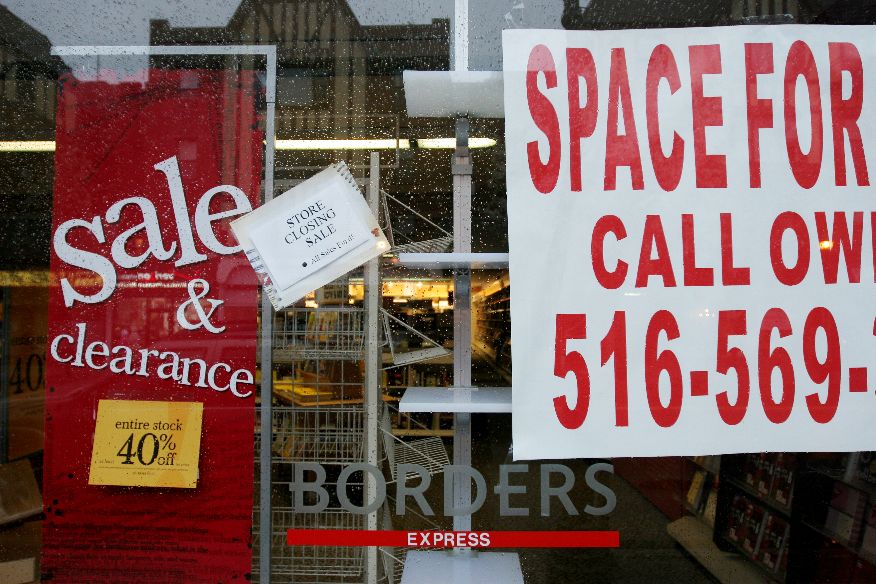By: The Editorial Board wordpress.org

Following up on the closure of local Barnes and Noble at the end of last year, the Borders in the Fremont Hub, along with ten other Borders in the Bay Area, is shutting their doors in the coming weeks as part of a bankruptcy filing, leaving no major book stores in Fremont.
It’s another case of survival of the fittest. The mom and pop bookstores were displaced by superstores like Borders and Barnes and Noble, and now the superstores themselves are falling victim to the growing popularity of eBook readers and online retailers like Amazon. The superstores failed to evolve quickly enough to meet the changing times, and as a result, fell behind in the brutal war between tradition and technology.
So why should we care? It’s not like we buy books very much; that’s why these bookstores are closing down in the first place. But bookstores are more than just a place to buy books; over the years, they have transformed into popular meeting places, with coffee shops nearby or coffee shops of their own, where people can bring books and laptops, sit down at a table, and relax. There’s something about the bookstore atmosphere that can’t be replaced or even replicated by Target or Walmart and certainly not by eBook readers. Reading for hours on end on the carpet, curled up near a bookshelf with a warm latte handy…that’s what bookstores have brought to this area, and its not something that can figure quantitatively in the book store shutdown.
Books. The feel of paper to the touch, the smell of a book, all qualities that just can’t be replicated by even the best eBook readers. They are much more personal, from the way we dog ear the pages as bookmarks to the annotations and Post-it notes that we cram in the margins of our Iliads. Even at the low end, an eBook reader runs for $130, a price that cannot be justified unless the user is already a heavy reader. And that’s without the extra cost of purchasing the actual eBooks. Then you have to worry about battery life, charging, licensing fees, all the problems associated with personal digital readers. eBook readers may store several hundred books, but, like physical books, they won’t survive an episode with spilled water. All new technology has its share of bugs and frustrations, a new problem in the movement away from physical books.
Sure we can retreat to libraries, but libraries, as another government-run institution, are sorely in need of funding, and as a result are often unable to meet the demand of their cardholders (when the last Harry Potter was released, there were over seven hundred holds on the Alameda County system for ten copies of the book). The county library system takes weeks and even months to stock new releases, and oftentimes only do so if there is sufficient interest in the book from readers. In addition, we all remember those times when we’ve had to desperately get our hands on a book, only to find that the book was checked out at the library and the three to five days it would take for the book to arrive from Amazon was far too long of a wait.
Maybe we’re fighting a lost cause here. But really, bookstores have proven themselves to be an essential part of our community. We, for one, are sad to see them go, and hope they might one day open their doors once again.
EDITORIAL: Closure of bookstores huge loss to community
 wordpress.org
wordpress.org

The age old author’s dilemma is whether to first write the book or research its marketplace. Believing it would be more difficult to write a book than to sell one, I chose to do the writing first.
Now that my small business how-to, “Graphics Essentials for Small Offices” is ready for Kindle, and nearly ready for print, I’m researching the marketplace. My book is sized right and priced right for counter sales at Mom and Pop bookstores or office supply stores. But, I’m realizing that there are fewer Mom and Pop’s then there used to be.
Things have changed. Although, ebooks, and print-on-demand technology, make it easier to say it in writing, the old distribution channels have shrunken. At the same time that we’re verging on a new Renaissance, we’re also verging on a new Dark Ages.
See my page on Amazon: http://www.amazon.com/David-Loeff/e/B004X7BWK8